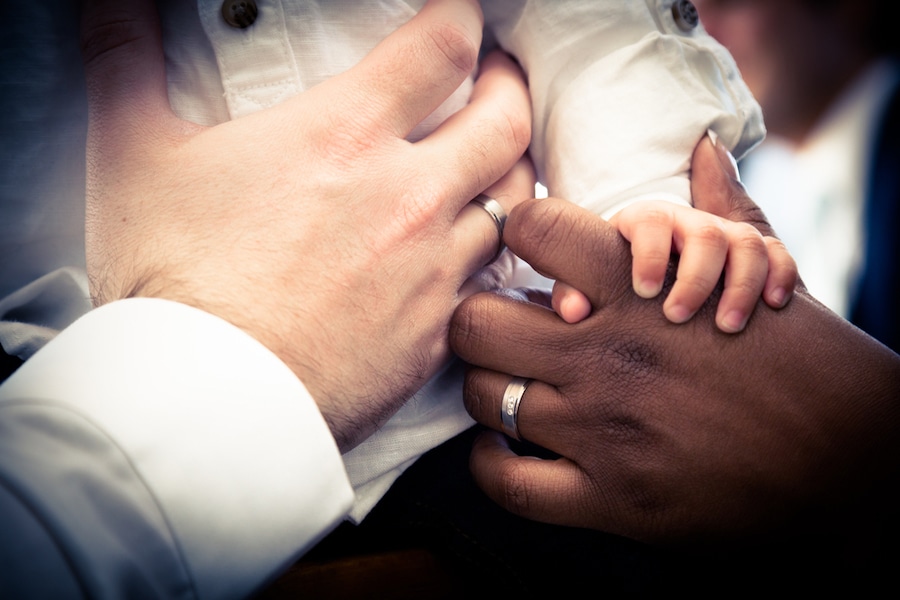For aging or disabled individuals, the Social Security system is a lifeline through times of hardship, medical expenses, and even retirement. Benefits come in the form of Supplemental Security Income (SSI) and Social Security Disability Insurance (SSDI), each with their own eligibility requirements to keep in mind.
While these requirements are straightforward on the surface, life events such as marriage, divorce, and death create many complications. If you intend to receive assistance through a Social Security program or are receiving benefits already, it’s essential to know how your personal relationships affect your benefits. Read more below.
Know the Difference: SSI vs. SSDI
While the differences between SSI and SSDI is a topic unto itself, we covered here, reviewing the main differences between the two can help us understand why marriage affects each program differently.
SSI
For individuals who are disabled or over the age of 65, you may be eligible for benefits based on low income. These are known as Supplemental Security Income benefits. Because these benefits are dependent upon financial need, individuals who had a poor work history or are young can still apply for such benefits.
SSDI
Individuals who are disabled or over the age of 65 have paid into the social security system through tax and become eligible for Social Security Disability Insurance. SSDI benefits rely on your work record, as such, there is no income or asset limit as those imposed by SSI.
Understanding these basic tenants of the two systems will help us understand how these disability and retirement benefits are affected by marriage.
Income and Marriage in SSI
Because SSI is a needs-based system, when you are a married couple, the SSA views income and assets between partners collectively. While the financial requirements are slightly higher for married couples than individuals, the threshold is still incredibly low. As such, marrying while you are receiving SSI may cause you to lose coverage should your collective income be higher than the established threshold.
This is important to note if you are married and planning to apply for SSI or if you are receiving SSI and planning to get married.
Divorce, Death, and Remarriage in SSDI
SSDI has the reputation of being the more moderate of the two benefit programs. However, upon a change in marital status, there are more regulations to follow.
- If you are Divorced and plan to remarry. . .
If your marriage was sufficiently long, you might still be entitled to your spouse’s benefits through SSDI. This is particularly common when one part of the married couple was unable to work due to disability and relied upon the work credits accumulated by their partner to secure disability benefits of this kind. - If You and Your Spouse Both receive SSDI. . .
Married individuals are often worried that one spouse receiving benefits may impact their own eligibility. This is not the case with SSDI as both spouses can choose to receive disbursements. - If you are Widowed. . .
SSDI makes allowances for survivorship benefits— a type of benefit system that allows you to receive social security on behalf of your deceased spouse.
Unfortunately, if you remarry, you might jeopardize these benefits.
For non-disabled individuals, remarriage before age 60 will revoke your rights to spousal benefits. For disabled individuals, remarrying prior to age 50 similarly results in a loss of benefits.
Managing the Marriage Penalty
Social security and marriage penalties were once an incredibly pervasive problem. Typically, this penalty would encompass lower combined benefit rates and higher taxes for married individuals. However, these problems have been largely eradicated over the past several years and most individuals will not have difficulties in this area.
Child benefits
Children, too, can receive both SSI and SSDI so long as they qualify as “markedly disabled” in one of the categories accepted by the SSA. In addition to being adequately severe, their condition must also last for a significant period of time. This is characterized by a disability which will last at least 12 months, cause death or the inability to work, and impair you
Same-Sex Couples
After the 2015 Supreme Court Ruling of Obergefell v. Hodges, same-sex marriages earned federal rights and recognition across all 50 states. These rights extend to Social Security benefits that may not have previously applied, broadening the scope of individuals who can seek and receive SSI and SSDI coverage.
The same rules for same-sex couples and opposite-sex couples apply when it comes to eligibility, revocation, and survivor benefit regulations.
Alabama Disability Attorneys
Law is a nuanced and intricate field. When the stakes are high and you rely on a good outcome to help meet your day-to-day needs, working with a dedicated social security disability lawyer is your best chance at success.
At Cook and Associates, we help our clients with a variety of legal needs, making sure they are supported through every step of the process.
We are here for you and just a quick phone call away. Contact us at (334) 356-7879 for more information and get on the path to receiving the benefits you deserve.

